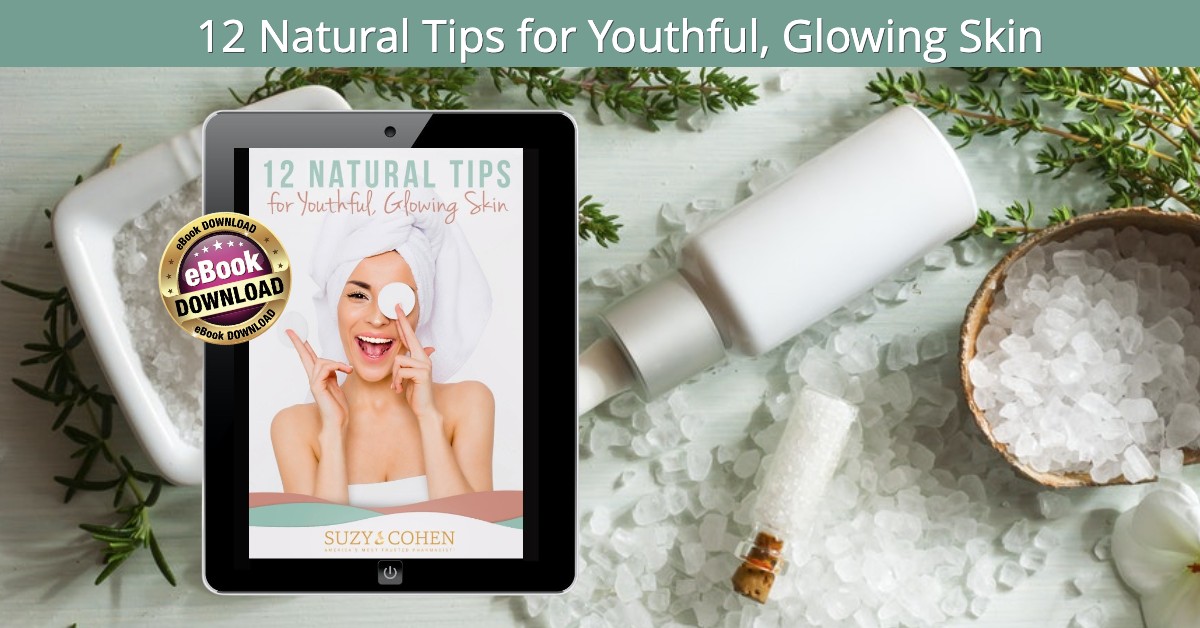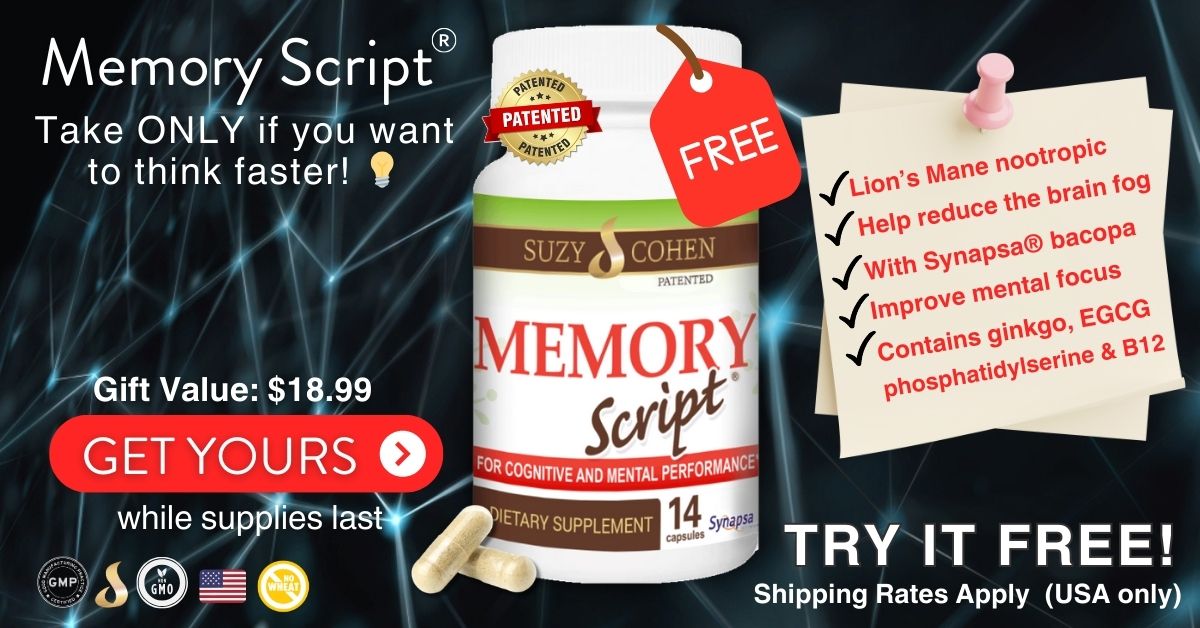I’ve always been a proponent for generic medications because they are more affordable and supposedly contain the same biologically active ingredient. For years, I’ve highly recommended them to people who couldn’t afford the name brand, or had an insurance policy that encouraged or dictated the generic version. In fact, I don’t know of a pharmacist that says, “Yeah go ahead and spring for the brand name even though it’s going to cost you 10 times more!”
I’m being tongue in cheek, obviously.
But all kidding aside, generics are starting to worry me and the generic drugs are very popular medications, some are for cholesterol, cancer and diabetes. Some are injected. We should feel completely safe about the medications we take, right?
What I’m saying is that these medications that have failed to pass inspection aren’t generic drugs that collect dust on a pharmacy shelf, they are the types of generics that fly off the shelf in American pharmacies by the thousands each day. The generic industry rakes in over $104 billion dollars a year from sales in the United States alone.
How would you know if you take it and have a problem that you’re having an adverse event related to the drug, or to some contaminated portion of the drug? I do not have an answer to that. In the old days, I trusted pretty much all the generic makers. There weren’t that many when I was just starting my work in the late 1980’s. But today, I am worried more and more as I read the carelessness of offshore manufacturers, some are cheating their way into this industry, and we can’t catch them all.
The generic version of a drug is supposed to have only slightly different things in it, for example, the flavor, the colorant, the type of outer coating or shellac, or perhaps the inactive filler. But the active ingredient is supposedly the same. Therein lies the trouble. Is it? Can we trust that? Reports are coming in that some of the generic companies are not behaving ethically, and the United States FDA doesn’t have the time or person-power to fly over and inspect all these places prior to our country importing the medications, which then get sold to you without further inspection at the distribution or pharmacy level.
This causes me to pause. The world is so different now than it was when I graduated as a pharmacist in 1989. Everyone is cutting corners, and there is a high demand for more affordable medications. Perhaps this is more reason for you to consider trusted brands of herbal medications that are locally sourced and clean? Perhaps this is also more reason to visit holistically-minded practitioners who don’t order prescriptions right off the bat.
It feels like the sickest, most vulnerable people are between a rock and a hard place! By that I mean, you see your physician for a problem and they send you to the pharmacy to get your prescription, and now you don’t know whether to take out a small loan so you can purchase the brand name which is $850 per month for example, or go with the generic which is $50 per month… but what if it’s tainted, or contaminated, or not even active. I’m not trying to scare you, the facts will though:
1. FDA visited a Chinese facility and found out that the pharmaceutical company was hiding negative results from their tests, but because we had a shortage of that drug, we still continued to import it.
2. Our investigator went to another overseas facility, this time in India and had suspicions that the company was faking and manipulating their generic drug data to make it match the brand name’s data. A warning letter was issued. (Really, that’s it???)
3. One pharma company abroad diluted the main ingredient with something else, but made it just potent enough to pass lab tests. (Isn’t that called counterfeiting?!)
4. Contamination is a problem. Remember, some of these factories are in countries where the cleanliness of water is a problem! And animals are loose on the streets… so why would we expect stringent hygienic regulations in their drug labs? Case in point, one company was guilty of using dirty and corroded sterilizing equipment while making generic insulin and another drug commonly sold in the US to treat arrhythmias!
5. One overseas plant inspected by the FDA was found to have a bunch of sticky notes that were interpreted by the Inspector as an indication of what line items needed to be changed in order to meet/pass inspection. Can we say for sure? No, not with 100% certainty, but if I saw that, it would cause me to dig a little further, and prohibit importation into the US.
I could go on about the infractions that our FDA investigators have uncovered over the years when they’ve inspected pharmaceutical manufacturers abroad, but I don’t want to completely frighten you away from generics. My personal belief is that there are more good generic companies than there are bad ones. If the generic maker’s facility is based in the United States then I wouldn’t worry since the FDA is routinely inspecting them.
But it’s fair to say that some pharmaceutical companies that are abroad, do not create medications that would meet US standards, and yet these drugs are imported on a daily basis.
There is no list of ‘bad generic drugs’ that is available to anyone. Remember, the FDA’s role is to inspect these places but there are thousands of them, and they can’t get to all of them in a year, or even five!
If you’ve been taking a generic medication and you feel well on it, and comfortable with it, or it has a solid brand name that you trust then stick with it. There’s no immediate need to bail.
There is absolutely no reason to panic or even question your pharmacy. They do a good job at sourcing generics, and when there is a recall, the pharmacist is very diligent about removing drugs from the shelf before they get sold to you.
But there is still a widespread problem that impacts drug makers worldwide. The generic industry like all others is in it for profit, and so are pharmacies. They like to buy the cheapest generic available to maximize their own profits. Remember, the thinking is that these drugs are all the same in their mechanism of action, and biologically active ingredient.
So with that in mind, your generic medication may change from time to time. You open your pill bottle and the pill looks completely different. This is because the pharmacy is using a different generic.
You will be told verbally, or they will apply a little sticker that says, “This is the same medication you have been getting. Color, size or shape may appear different.”
This is a good time for you to take note about how you feel on this new generic version which may or may not have been imported from non-inspected facilities from China, India or other countries abroad.
Keep in mind, there is only one brand name for a medication, but there are often ten different generic makers! Sometimes more. Keep that in mind because you could always try a different generic version of the medication. The pharmacy technician could easily help you with this, you don’t even need a pharmacist to switch makers, however you might have to wait a week for them to order you a different generic version. I’m just giving you options, I’m not advising. Again, if you are taking a generic drug, and you’re happy, then do nothing. The difficulty with medication -whether you take the brand or the generic- is knowing WHEN to time them, and also when to discontinue them if you experience side effects. I have some useful tips to help you with that, CLICK HERE to read, How to Take Advantage of Your Side Effects.
But some of you write to me (remember I have lots of people reading me each week) and some of you are unhappy or experiencing untoward effects from your medication. One possible cause is the side effect profile, but another cause that is coming to light, is that you might be taking a drug that comes from an inferior generic supplier.
I realize this is difficult to navigate, and for some of you, this is the last thing you want to hear. It’s up to you to decide what to do and how much you want to pay for medication (ie brand vs generic). It’s unfortunate that in the drug industry, like many other industries, profit is more important than safety.
For those of you who are interested in getting OFF your medication (brand or generic is irrelevant) I have another article that you will be interested in, CLICK HERE to read, Don’t Get Pinned With Diseases You Don’t Have.

Suzy Cohen, has been a licensed pharmacist for over 30 years and believes the best approach to chronic illness is a combination of natural medicine and conventional. She founded her own dietary supplement company specializing in custom-formulas, some of which have patents. With a special focus on functional medicine, thyroid health and drug nutrient depletion, Suzy is the author of several related books including Thyroid Healthy, Drug Muggers, Diabetes Without Drugs, and a nationally syndicated column.


